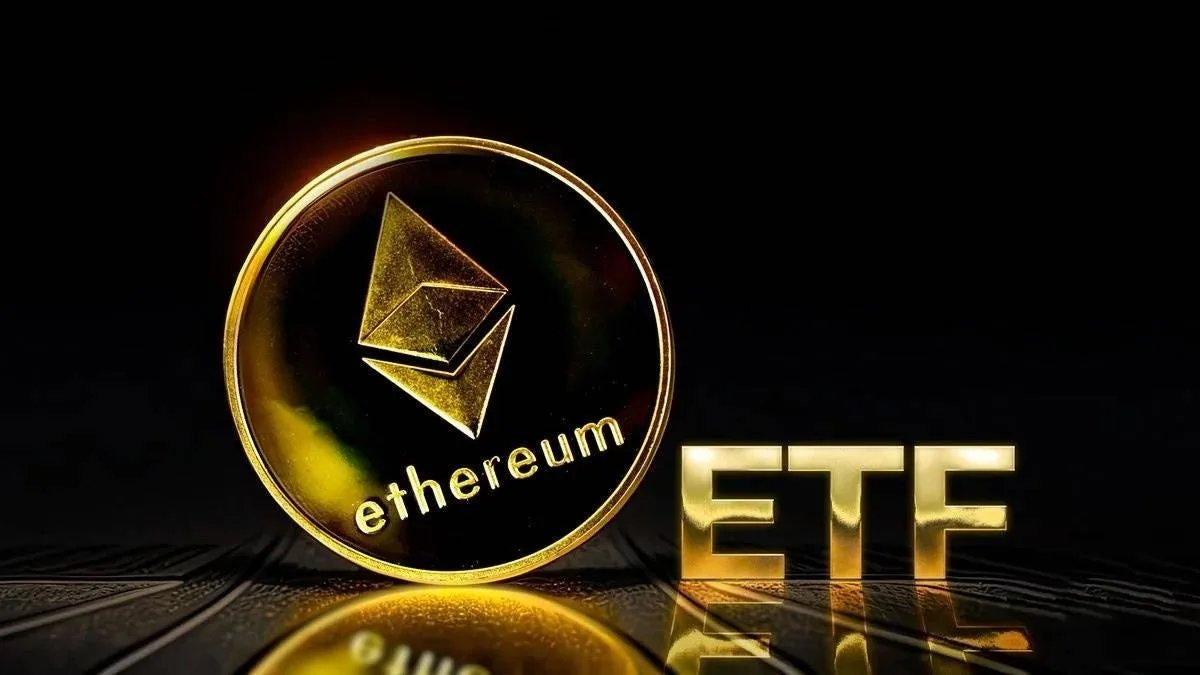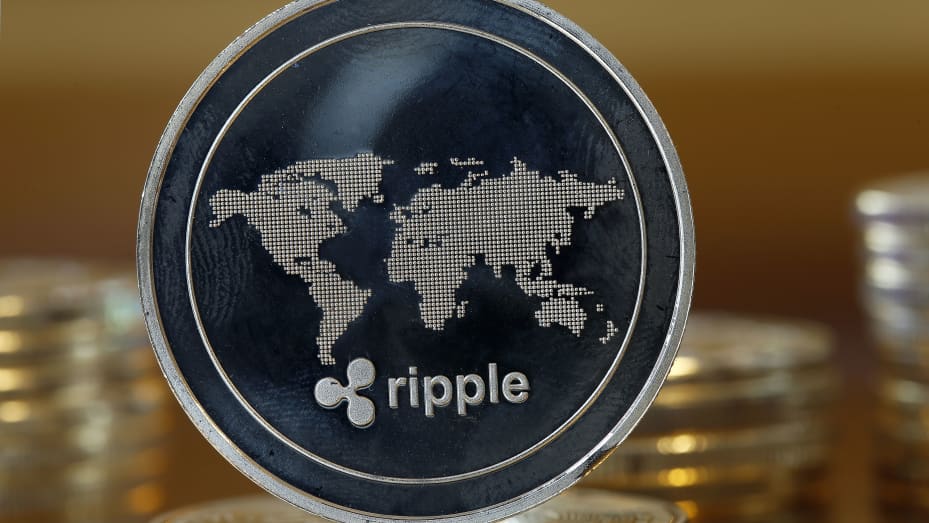|
Getting your Trinity Audio player ready...
|
Investment firm Hashdex opted to withdraw its application for a spot Ether exchange-traded fund (ETF) just as the U.S. Securities and Exchange Commission (SEC) greenlit similar proposals from eight other companies. This move comes amidst a significant shift in the regulatory landscape for cryptocurrency, with the SEC’s approval marking the first wave of U.S. spot Ether ETFs.
The newly approved ETFs, from established players like VanEck and Fidelity, are expected to launch in June, offering mainstream investors a novel way to gain exposure to Ethereum. This crowded field might be a factor behind Hashdex’s decision to pull back. Notably, Hashdex’s proposed Ether ETF differed from the others by incorporating a unique blend of spot holdings and futures contracts.
Unlike competitors aiming for pure spot Ether exposure, Hashdex sought to mitigate potential market manipulation concerns – a persistent worry for regulators – by including Ether futures contracts alongside spot holdings. This strategy aimed to mimic the Nasdaq Ether Reference Price, reflecting daily market movements through a combination of cash and other assets.
Also Read: Ethereum Open Interest Spikes as Price Eyes $4,000: Is a Repeat of the 2017 Retail Boom Coming?
Hashdex is no stranger to innovation in the cryptocurrency ETF space. In January, they launched a Bitcoin ETF that also took an unconventional approach, sourcing its holdings from physical exchanges within the Cated Market Environment. This bypassed the need for surveillance-sharing agreements commonly required by other funds.
With the SEC’s recent approvals and Hashdex’s withdrawal, the future of their Ether ETF remains unclear. The company has yet to publicly announce whether they plan to resubmit a revised proposal or pursue other ventures in the digital asset arena. Regardless, the investment community is keenly watching as the landscape for cryptocurrency investment continues to evolve.
Disclaimer: The information in this article is for general purposes only and does not constitute financial advice. The author’s views are personal and may not reflect the views of Chain Affairs. Before making any investment decisions, you should always conduct your own research. chainAffairs.com is not responsible for any financial losses.
Crypto and blockchain enthusiast.



